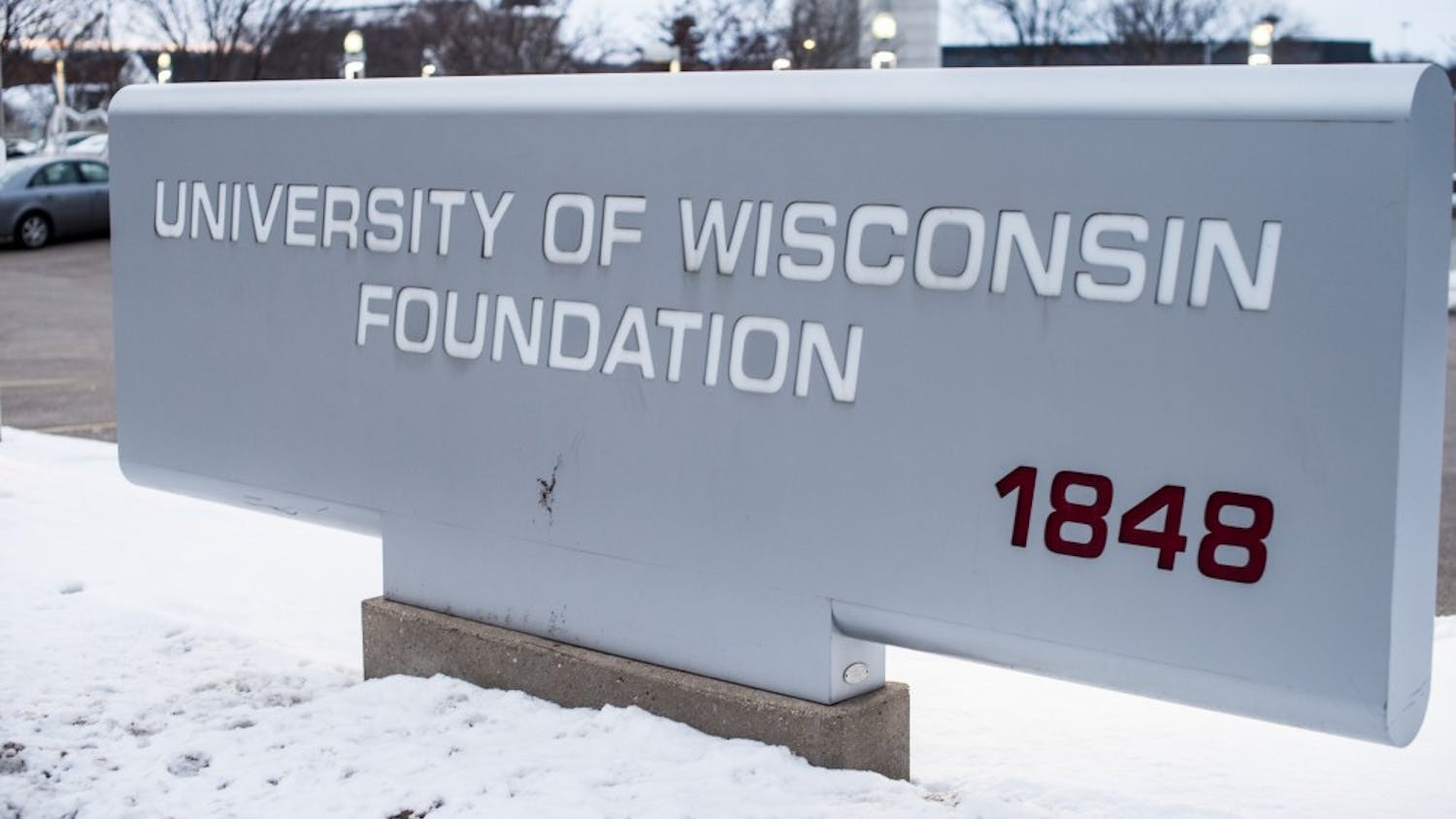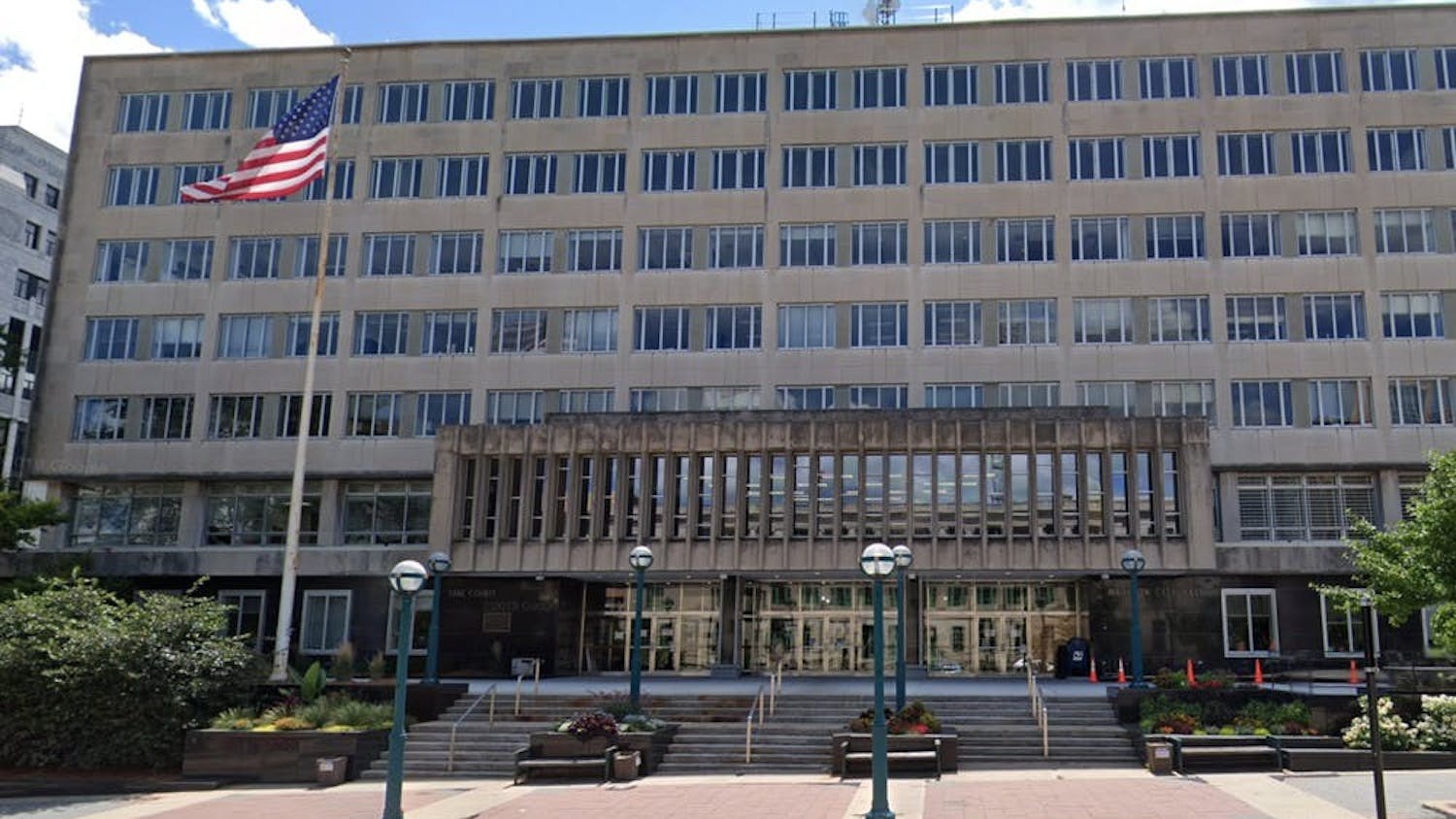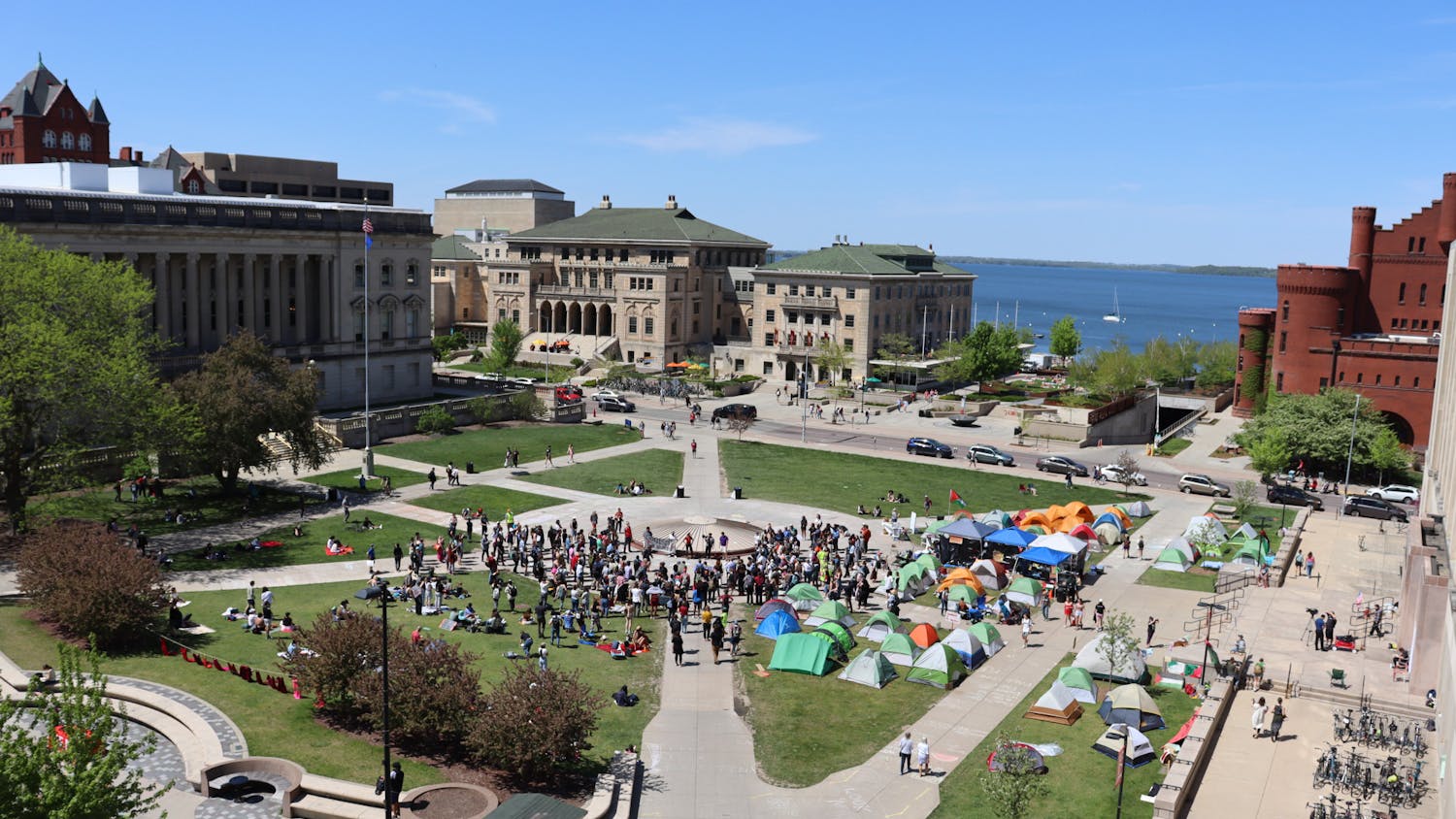When UW-Madison Professor Susan Kidd-Webster looked at a recent edition of the New York Times, she saw a headline stating a \homeless"" person assaulted someone.
""Do other articles typically say 'housed' person assaults somebody?"" she asked.
Kidd-Webster said this article illustrates the widely held stereotype that the homeless contribute to increased crime in communities. In reality, she said, only a small set of homeless people commit serious misdemeanors.
Yet, experts agree that although the homeless do not on average commit more serious felonies than do other demographic groups, crime is still an issue, particularly with arrests concerning alcohol and drug use.
""A lot of the times when police do arrest homeless people, I wouldn't say it's on a large scale for offenses against the general public,"" said Madison Police Department Public Information Officer Emily Samson. ""Usually they're things like open intoxicants or panhandling.""
According to Mitch Vesaas, Vice President of Tellurian, a service that provides transitional housing and rehabilitation services, more than 50 percent of the homeless who come to his facility have a substance abuse problem.
Illinois State University social work professor and homelessness expert Mary Campbell agreed, saying there is a ""strong correlation"" between homelessness and drug and alcohol abuse. She said unemployment and lack of housing tends to drive people to overuse such substances. She also said those whose families have battled homelessness for several generations have drug and alcohol problems in their family history.
Despite distinct parallels between substance abuse and homelessness, Vesaas said police and many homeless centers fail to develop adequate rehabilitation programs.
""Do you ever see a homeless shelter filled with people with cancer, diabetes? No, because society pays for people to have that taken care of,"" he said.
Campbell agreed, explaining the criminal justice system in the United States is geared more toward incarceration than rehabilitation. She said if a person goes into jail with a drug problem, it is likely that person is going to leave with that same problem.
In addition, many homeless shelters decline to admit those with substance abuse problems, with some requiring people to take a Breathalyzer test before admitting them. Campbell said in some shelters, homeless people are turned away even if they have a legal blood-alcohol level
Rachel Krinsky, director of the Interfaith Hospitality Network, said their shelters do not admit those with substance abuse problems because staff members are not trained to deal with such issues.
The Madison Police Department generally physically arrests homeless people instead of delivering citations, according to Samson, because ""we have no way of ever following up on that person and ensuring that they do pay their citation."" She added homeless typically ""pay"" their fines through time in jail.
According to UW-Madison Criminal Justice Professor Daniel Nevers, the lack of intervention programs in police departments has led to overcrowding in city jails, particularly in Madison.
To deal with overcrowding in jails, Vesaas said Tellurian, along with Downtown Madison, Inc. and United Way, has implemented an outreach program for homeless in the State Street area to deal with the number of alcohol-related citations.
""[Arresting the homeless] fills up the jails with non-violent people, which we're all trying not to do,"" he said. ""We're trying to figure it out, so you don't have to take them to jail, so you don't have to let them die on the street.""
Versaas said there is no social security for those with substance abuse problems, adding before society can improve the situation of the homeless and alcohol and drug-related violations, people need to get rid of their stereotypes.
""People don't turn people away from the door when they have heart disease,"" he said. ""The stigma, the stereotype is there. And it needs to change.""
Editor's note: This is the second in a week-long series on homelessness in Madison. Tomorrow's topic: homelessness and the mentally ill.





